
Healthcare & Life Sciences
Explore our content and learn how healthcare organizations are collaborating securely on real-world data today
Explore the latest resources
Thank you! Your submission has been received!
Oops! Something went wrong while submitting the form.
Subscribe to Decentriq
Stay connected with Decentriq. Receive email notifications about industry news and product updates.

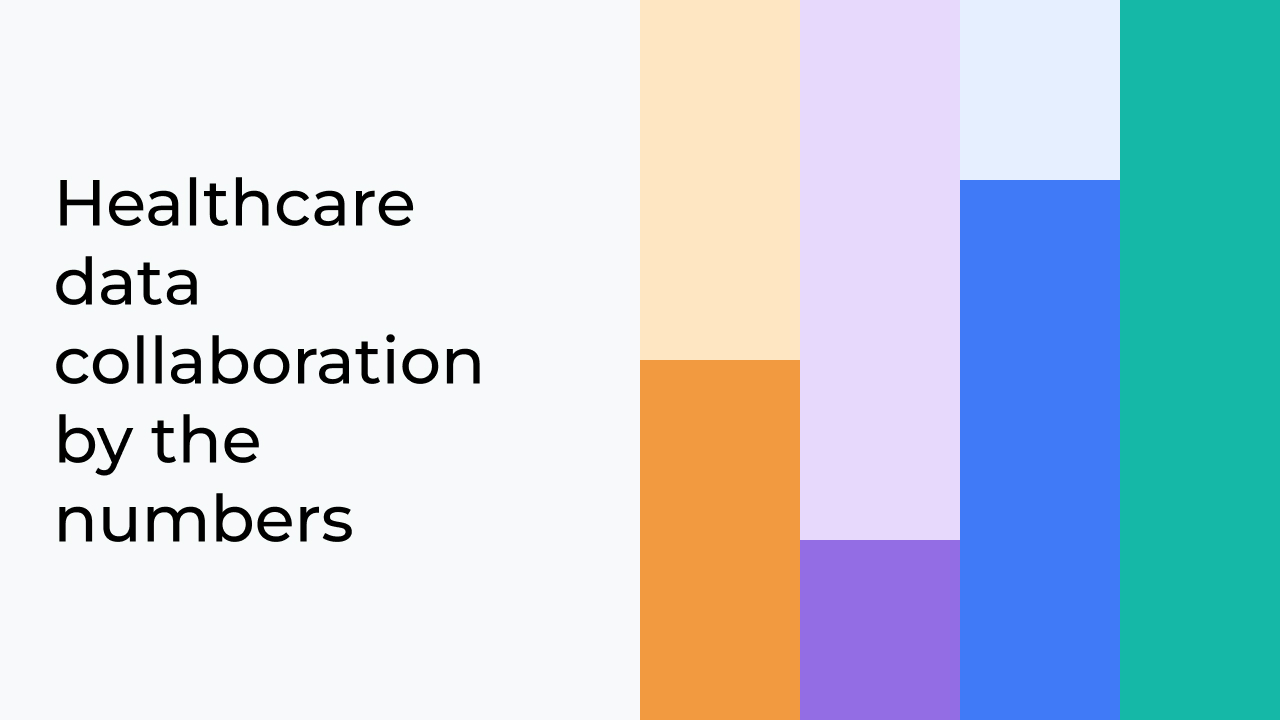

.jpg)
.jpg)
.jpg)
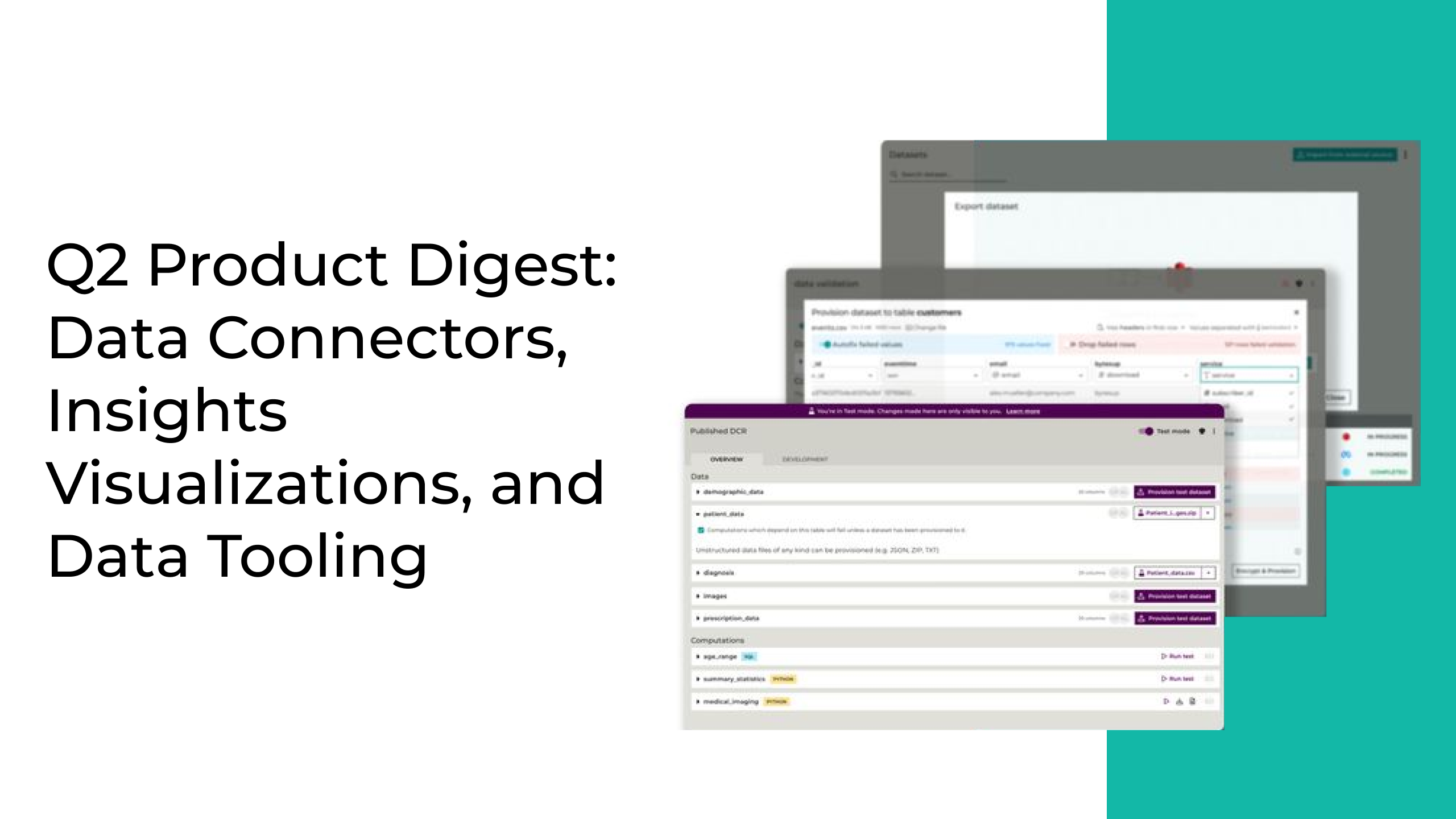





.jpg)

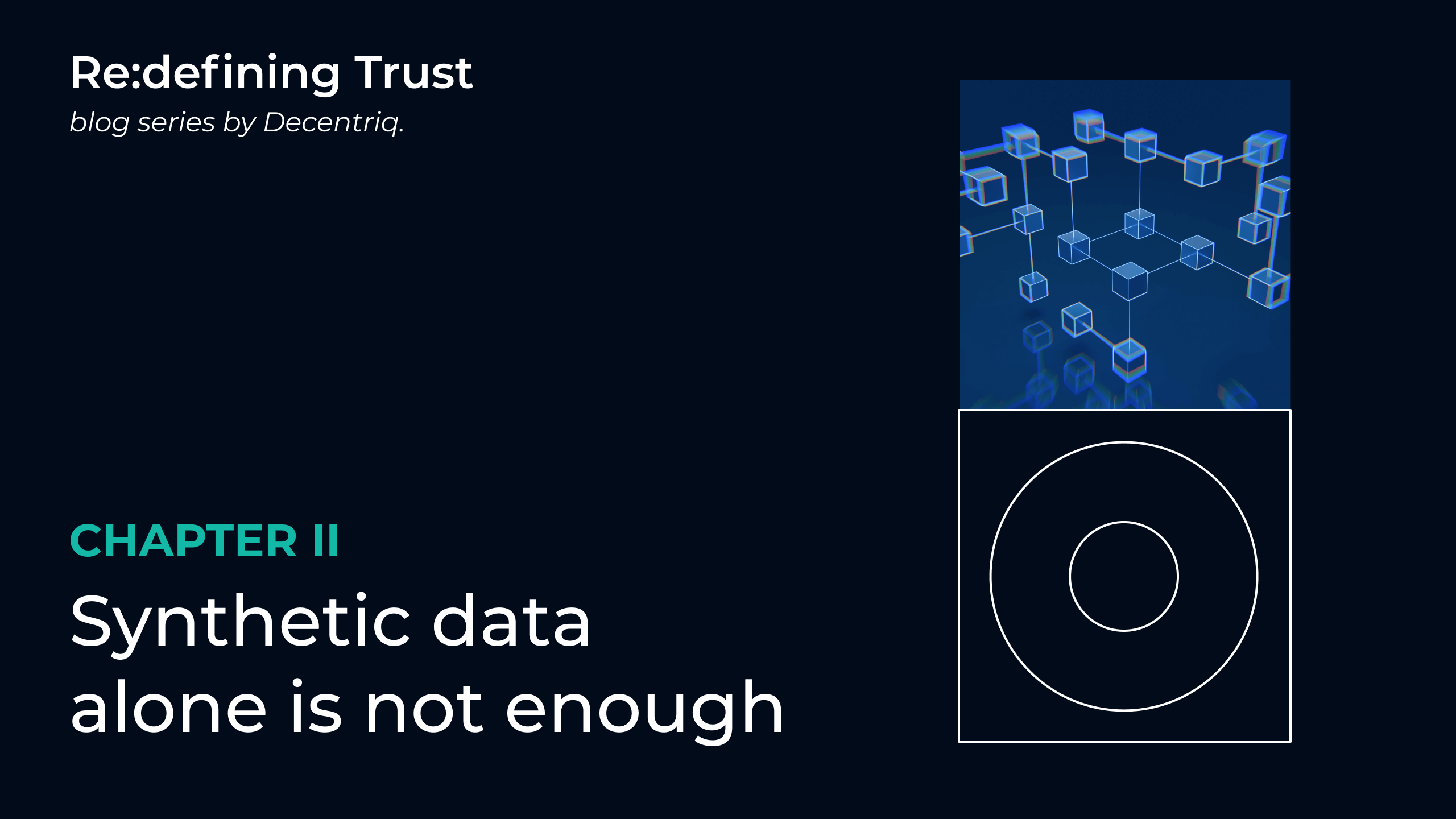














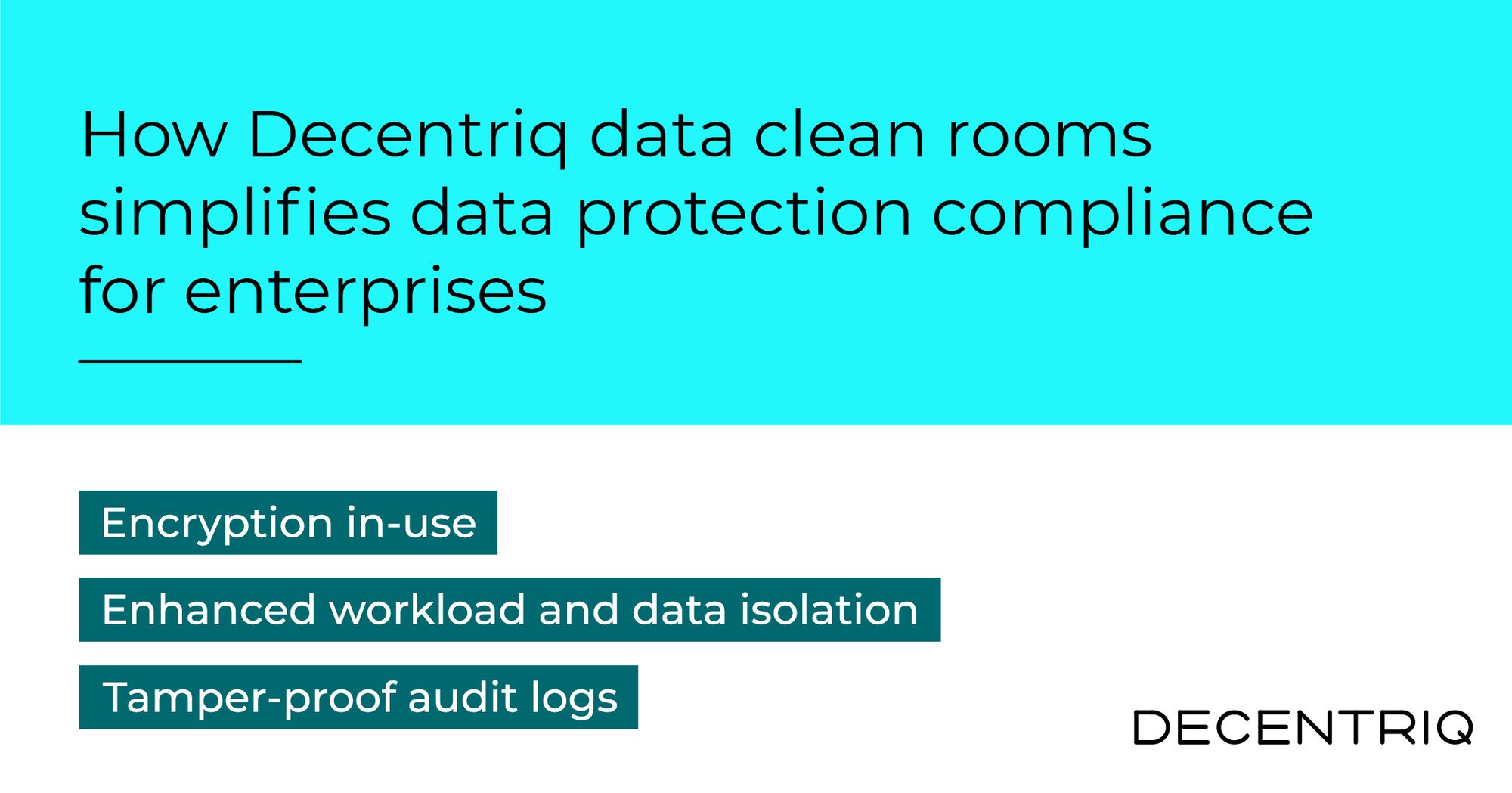


.jpeg)









.png)
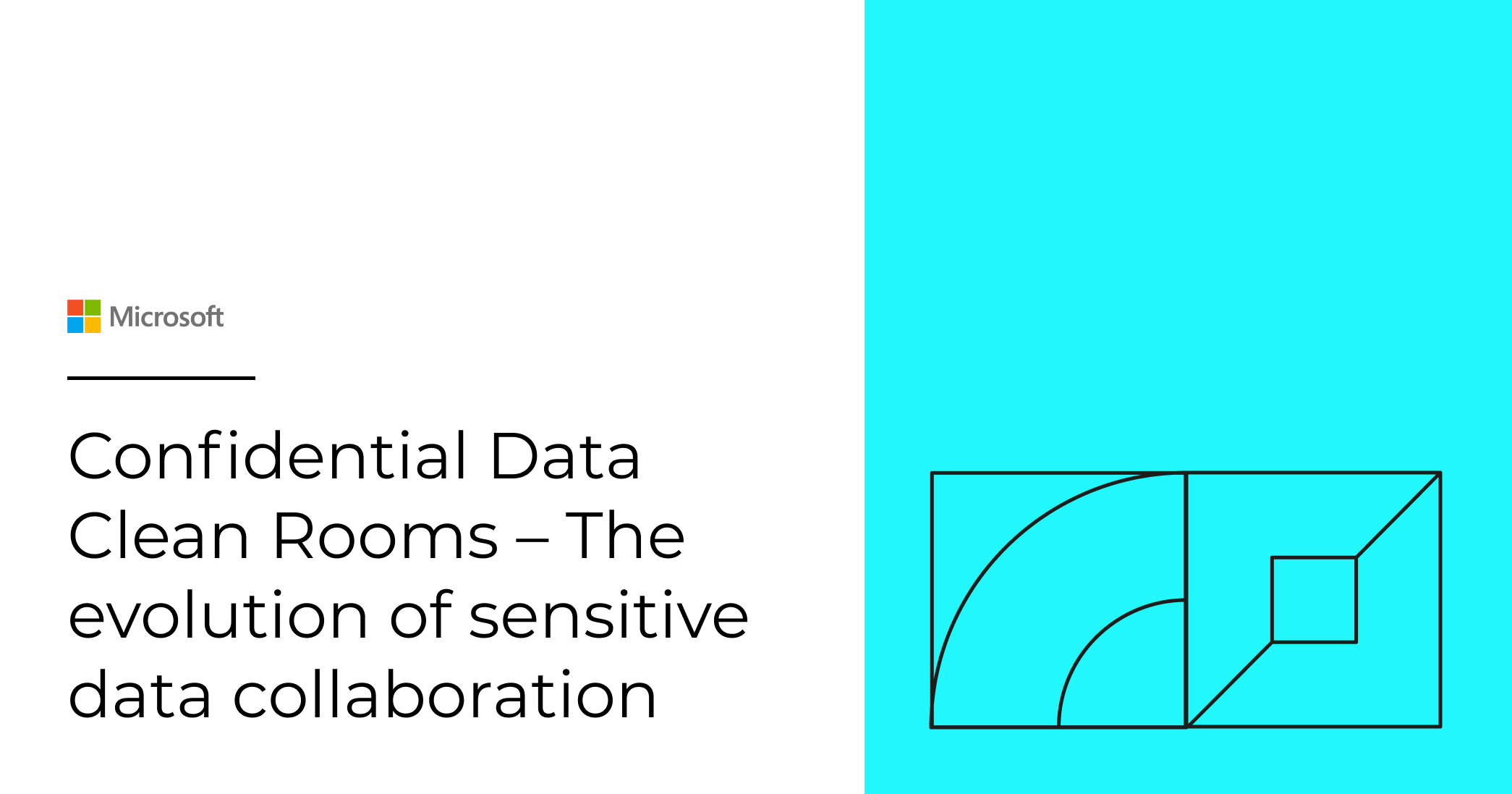









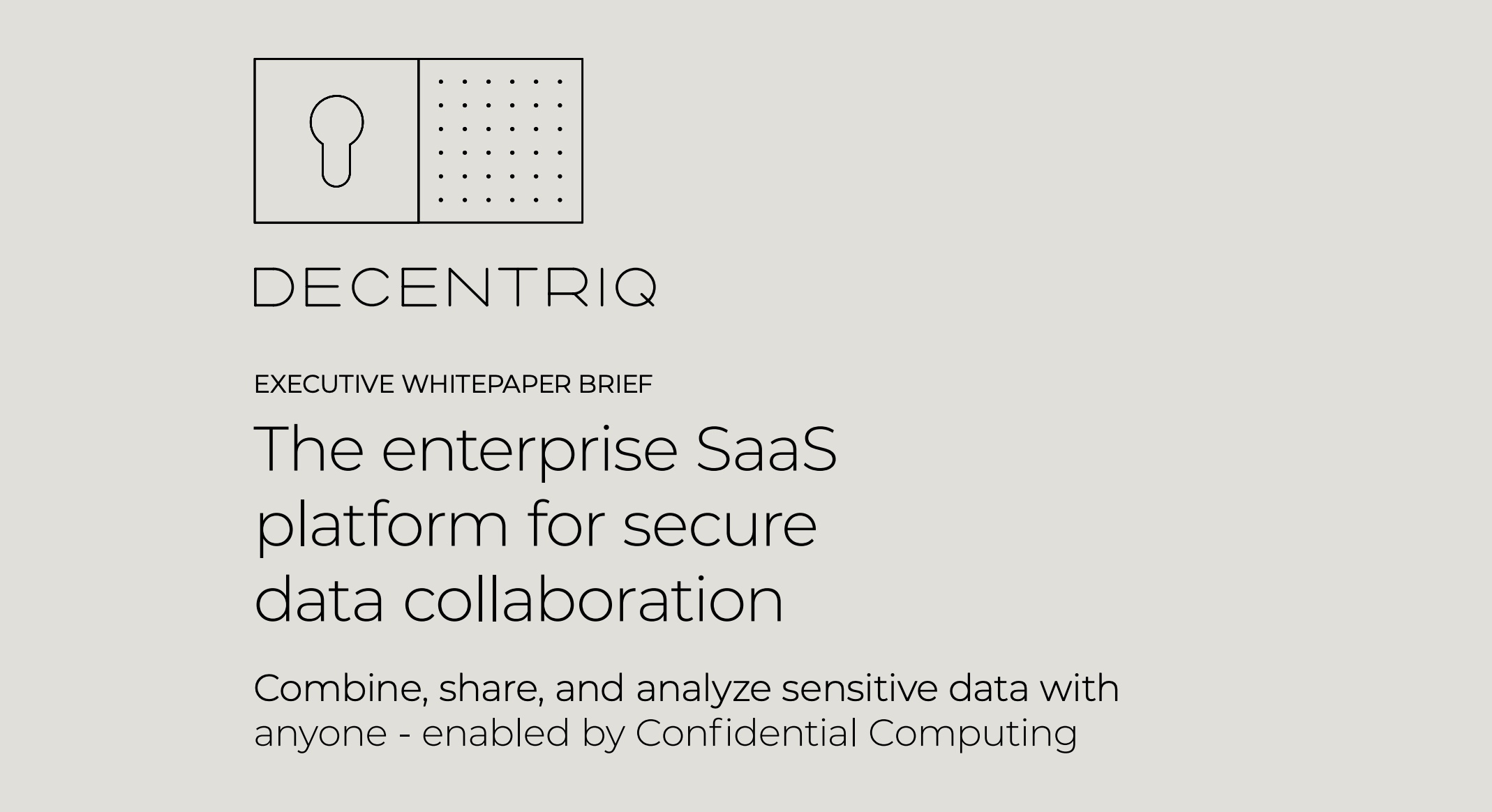







.png)




